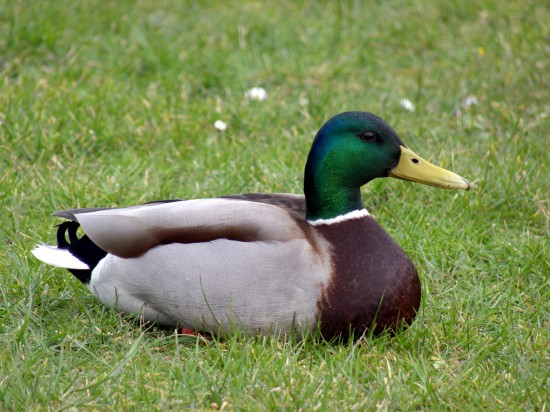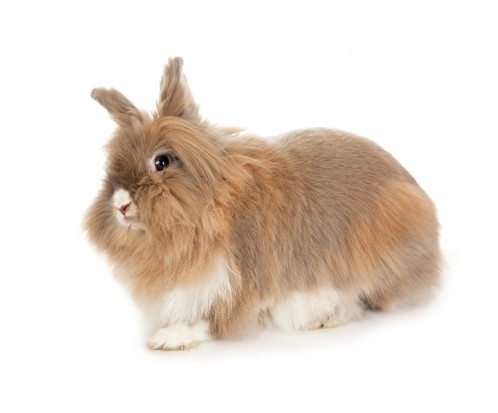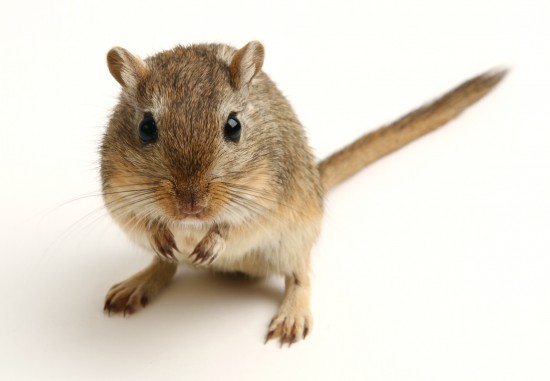
I lecture and conduct workshops on Native American topics. Several of these, such as the medicine wheel and medicine shield workshops, are deeply involved with animals. I have observed that virtually every person participating in these workshops is familiar with the term "animal totem." So, I take a pole of how they understand this word, totem. When I ask the question, there is no shortage of raised hands. Interestingly, there is also an equal supply of muddled, made-up answers that are nowhere near accurate.
What is so bothersome about this is that these same people who use the term so assuredly, have so obviously never taken the time to think about what it might really mean, where it came from, or to find someone to help them understand it beyond some misinformed new age fantasy. I also point out there is no word for "animal" in the original verb-based indigenous languages of North America, a big surprise; the concept of "animal" comes from the influence of the noun-based industrial languages Europeans drug into the western hemisphere. If you're going to talk about a bear, you call it a bear. Animals as a collective term is an abstraction, much the same as "nature," another Euro-word.
Totem comes from the Algonquin, properly styled in English as 'n totem, and means simply "my kin." This idea of kinship is found in every indigenous tongue around the world. Perhaps the best example of this in North America is the ever-popular, often mispronounced mitakuye oyasin of the Lakota, approximating "all my relations." Combining the two words, animal and totem, we get a meaning something like "my animal relative(s)." I would, of course, prefer something more precise, such as "my relative, bear," but after a good bit of discussion I'm usually satisfied attendees have a more accurate understanding of, and new appreciation for the meaning of the term animal totem, even though it, too, is a modern mainstream concoction.
"Animal totem" is an attempt by non-Indians to understand a natural phenomenon based on the spiritual experiences of Indian people, but one which the mainstream neither understands or supports. The idea of receiving guidance from anything not human, anyone not God simply does not compute to most people living inside the Western box. Too bad.
But these are just definitions, which is all this article is about. Like many multi-word terms, the components combine to create something beyond the definitions of the individual words. Compound word terms are often shaded by the context in which they are used, or applied. In the case of animal totem as used by mainstream people, the context is generally possessive with a strong implication of status; a pinch or two of superiority. After I get enough definitions to make my point, which is that people are freely using a term they don't understand, I will ask who has an animal totem, how did they get "their" animal totem, and what do they do with their animal totem? I usually get fewer respondents. Much fewer. So, let's cut to the chase.
Animal totem is an abstraction because animal is an abstract term. It is, in reality, an absent referent. Mainstream has a long history of replacing proper nouns with names, even images, that remove the actual subject from the mind and replace it with something more palatable. People order veal, not baby calves that lived their entire shortened lives in a 3 by 5 pen, never once going outside, only to be slaughtered before reaching a year old. If that image were triggered by the menu, or waiter, or chef, even grocer, how many people would balk at the idea? Enough to end the practice? And so, the mainstream has crafted a whole sub-language to remove the actual subject of conversation from mind and replace it with something less vivid. In the case of animal totem, use of the word animal renders the idea vague, open to self-styled interpretation and ego gratification.
"How did you get your animal totem?" usually gets several different answers. 'It came to me in a dream," is very popular." "It landed on my window sill," and "It wandered into camp one night," also show up a good bit. But my favorite is, "My shaman gave it to me." I won't even go there.
The commonality I find among people who have an animal totem is A) the animal chose them and B) it's one per customer and for life. I have no particular problem with A, except when I hear that is the only way a relationship forms, that the respondent human has no choice in the matter. This is simply not true. It is likewise not true that working with a particular four-legged, or winged one, swimmer, or crawler necessitates a lifelong relationship.
Animal Spirit Guides, or Medicine Helpers, the concept "animal totem" is derived from, come and go, on their own initiative, or by invitation. Again, I would substitute the individual nation for the word "animal" in the previous statement. Goes something like this: Bear Medicine Helpers come and go, on their own initiative, or by invitation. Replace the nation name to suit; be specific! And please realize these relationships form as they are needed, and when they are no longer necessary, they end.
I addressed the what and why of these relationships in another article titled Understanding Animals as Medicine Helpers, and I may discuss the "how" of Medicine Helper relationships in a future article. But for now I hope I have cleared up some of the common misunderstanding around the term itself in the few short words allotted here.
Rick McBride is a mixedblood Tsalag (Cherokee) who lectures and conducts workshops in the hope of correcting some of the misconceptions of, and stereotypes about the indigenes of North America. Please visit: mixedblood.info
 How To Care For Bantam Ducks During The Winter Months
How To Care For B
How To Care For Bantam Ducks During The Winter Months
How To Care For B
 10 Quieter Dog Breeds For People Who Like A Laid-back Lifestyle
10 Quieter Dog Br
10 Quieter Dog Breeds For People Who Like A Laid-back Lifestyle
10 Quieter Dog Br
 Showing Rabbits
Showing Rabbits
Showing Rabbits
Showing Rabbits
 Everything You Need To Know About Gerbils
Everything You Ne
Everything You Need To Know About Gerbils
Everything You Ne
 Dogs Die In Hot Cars - Why You Should Never Leave Your Dog In The Car Unattended
Dogs Die In Hot C
Dogs Die In Hot Cars - Why You Should Never Leave Your Dog In The Car Unattended
Dogs Die In Hot C
Copyright © 2005-2016 Pet Information All Rights Reserved
Contact us: www162date@outlook.com